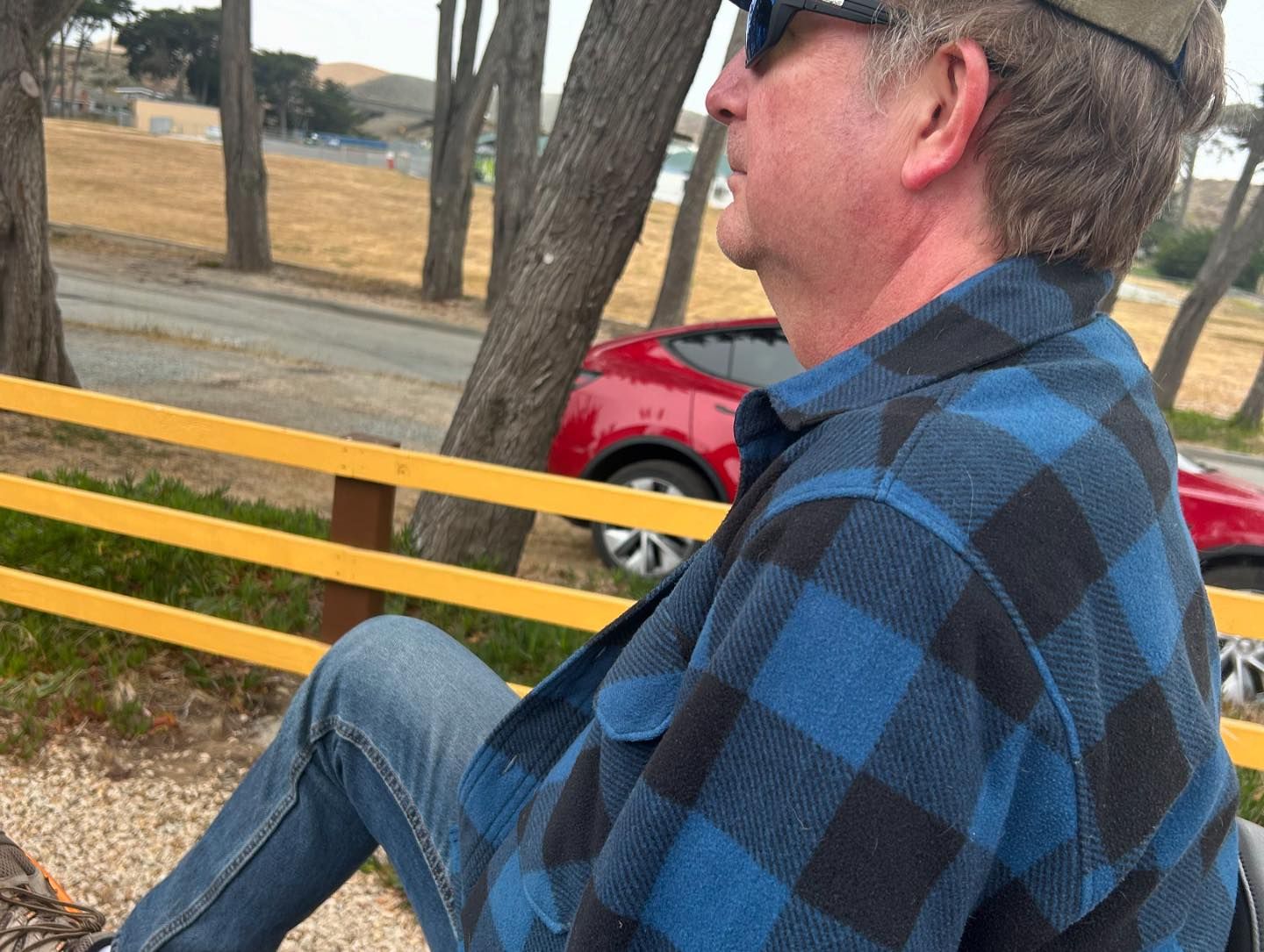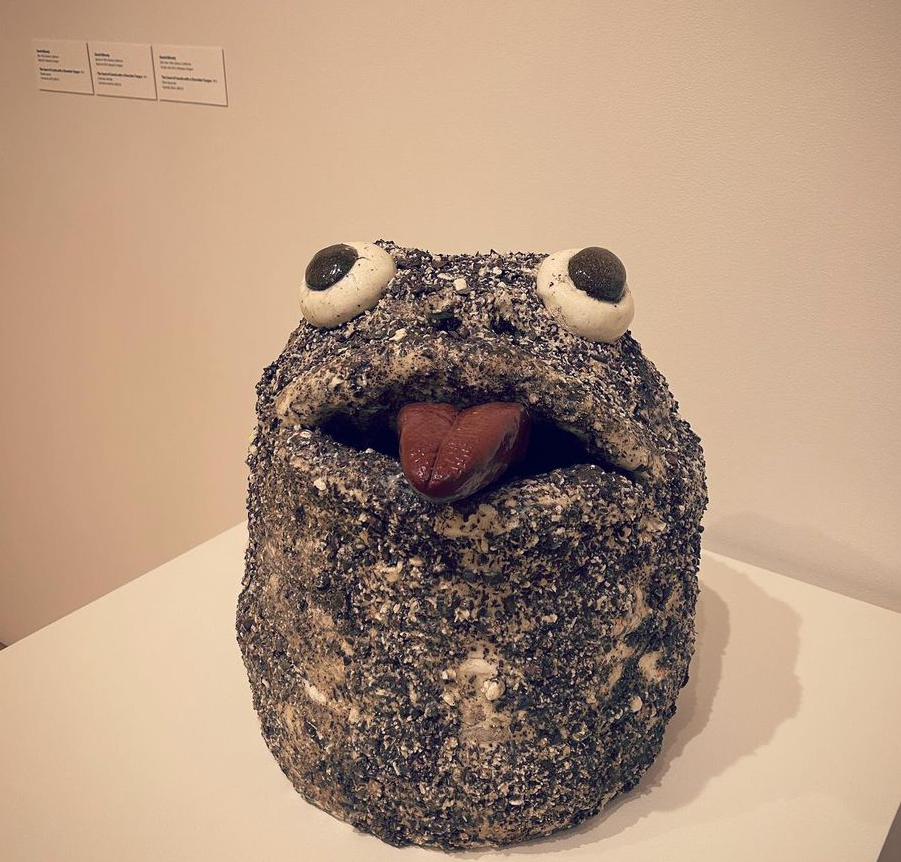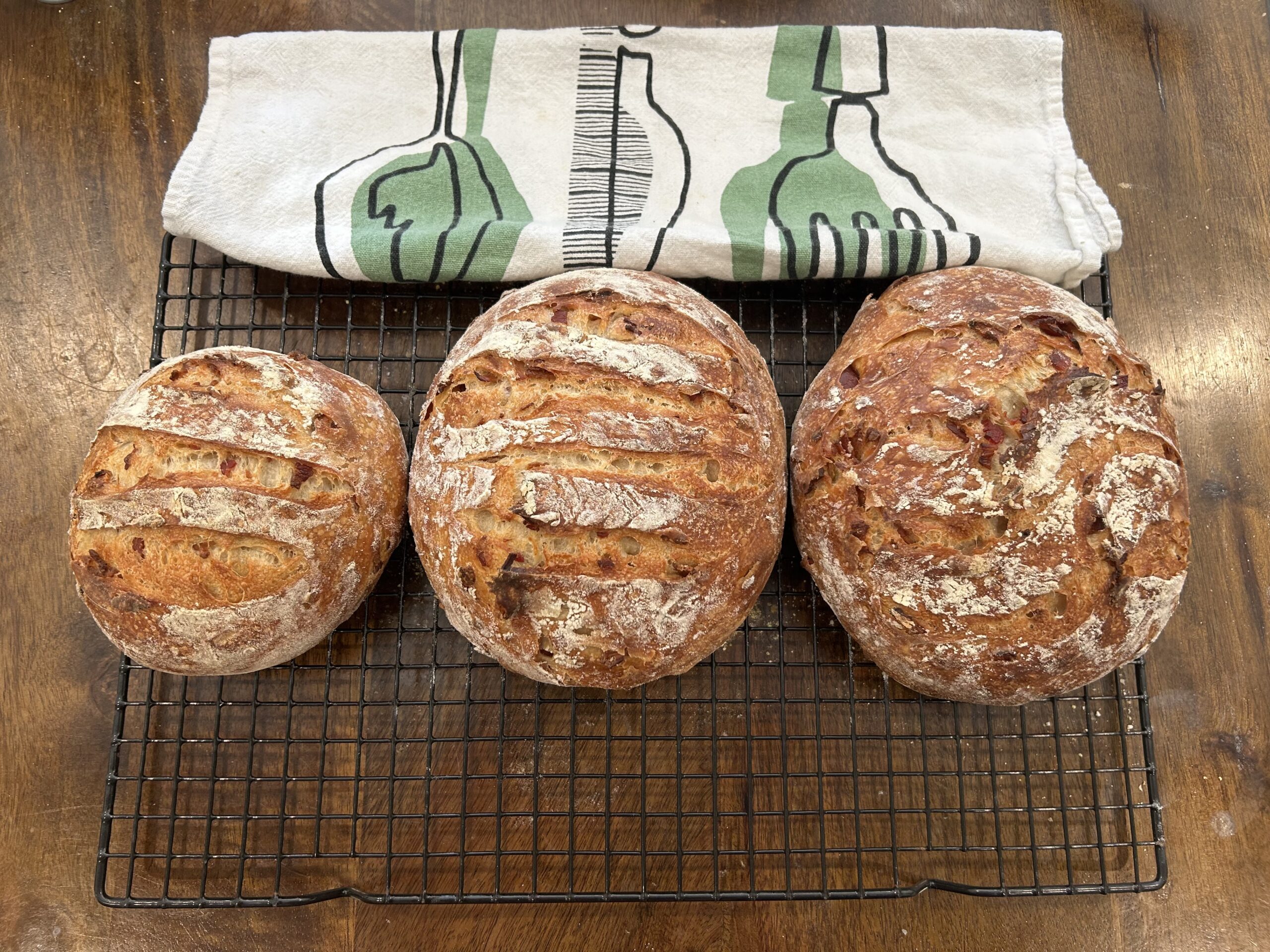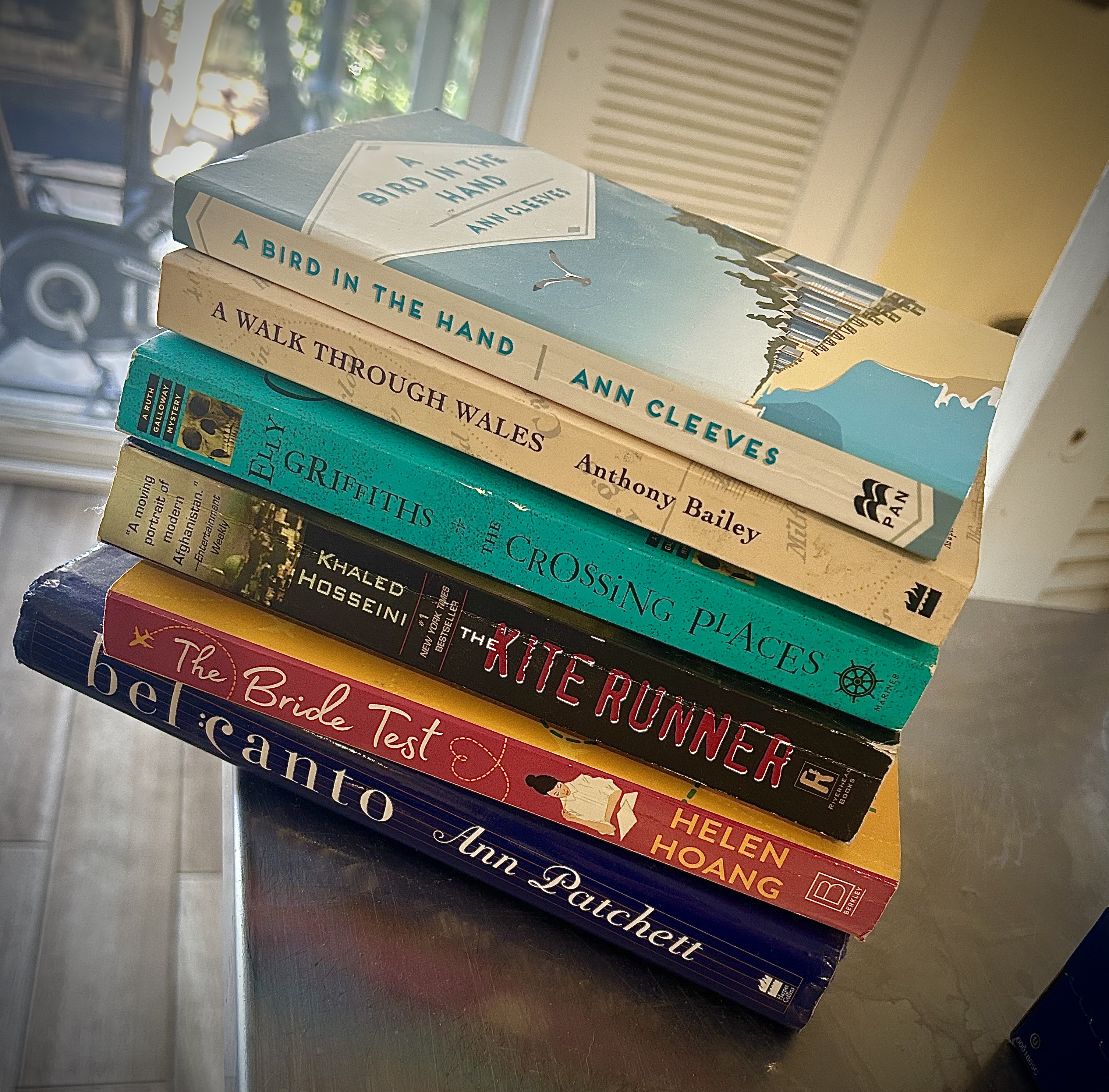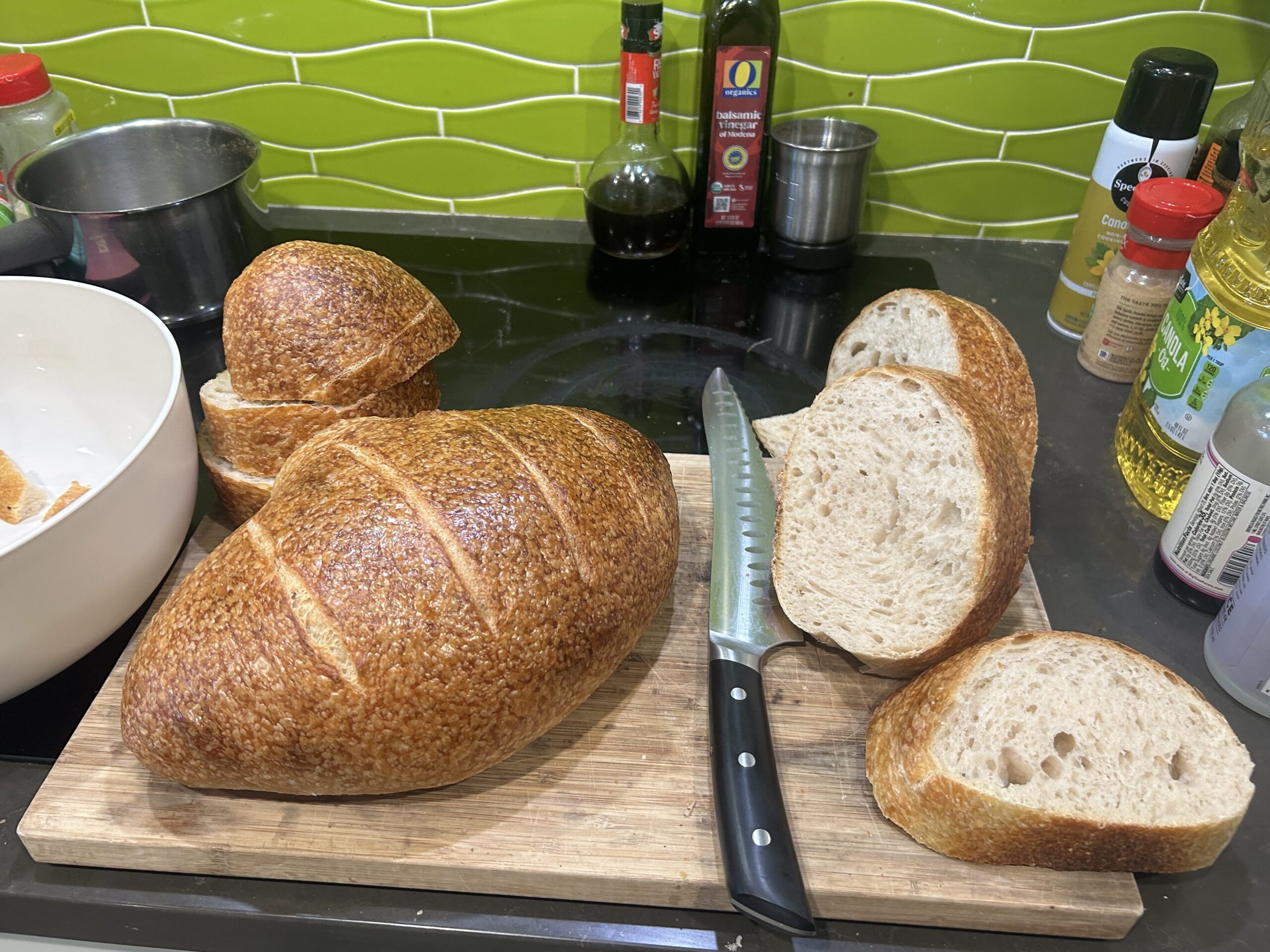When I was eight, I declared it to my dog, the world, and the stuffed animals on my bed.
I was going to be a writer.

I read everything. I read the back of the cereal box as I ate breakfast. I checked out books in my school library and devoured them through the week like cans of Pringles.
I poked through my parents’ bookcases and read my mom’s old literature textbooks, since, like me, she’d taught high school English. I read my dad’s books on European history, even though I didn’t understand all of them—I loved the stories, the heroes and the battles.

It’s history written as stories, and I was sucked in.
I had no idea of what I should be reading, as a third grader, so I read everything. Fiction, nonfiction.
I was a young little sponge. At a time where there were difficult things going on in my family, reading brought me joy. I read curled up on my bed till late at night, or tucked myself under the overstuffed chair in the living room, or holed up in the fort I built in the woods behind our house.

This series was an exception.
At one point, I felt so filled, so inspired by stories, that I started writing my own. Illustrated, of course. It was my response to what I’d read, all I’d taken in. It was part homage, part that naive ballsiness that kids have—I can do this!
Stories in, stories out.
This weekend, I listened to a talk by Lori Rader-Day, teacher in the MFA program at Northwestern, and former president of Sisters in Crime. One of her steps to re-connecting with your writing project is to fill your brain with stories. Read the best books in your genre. Read things in your genre that are a little different than what you write. It will all percolate in your brain, and you will begin to write again. And your writing will get better.
That’s kind of what I was doing as an eight-year-old.
I don’t read as voraciously as I did back then. I fall too easily into the black hole of social media. I get sucked down internet rabbit trails. Not to say that all of that is bad—part of it is research. But it’s the kind of quick skimming that doesn’t produce the same results as sitting down with a good book and giving it your full attention for a few hours.
My goal is to reduce that time I spend on my phone, where I’m easily distracted by snippets of information. My iPhone conveniently tells me how many hours I’ve spent on it each day. It even congratulates me when I’ve reduced my daily time.
I’m going to enlist it as my ally in this.
I want to feel that joy of stories percolating in my head again.

